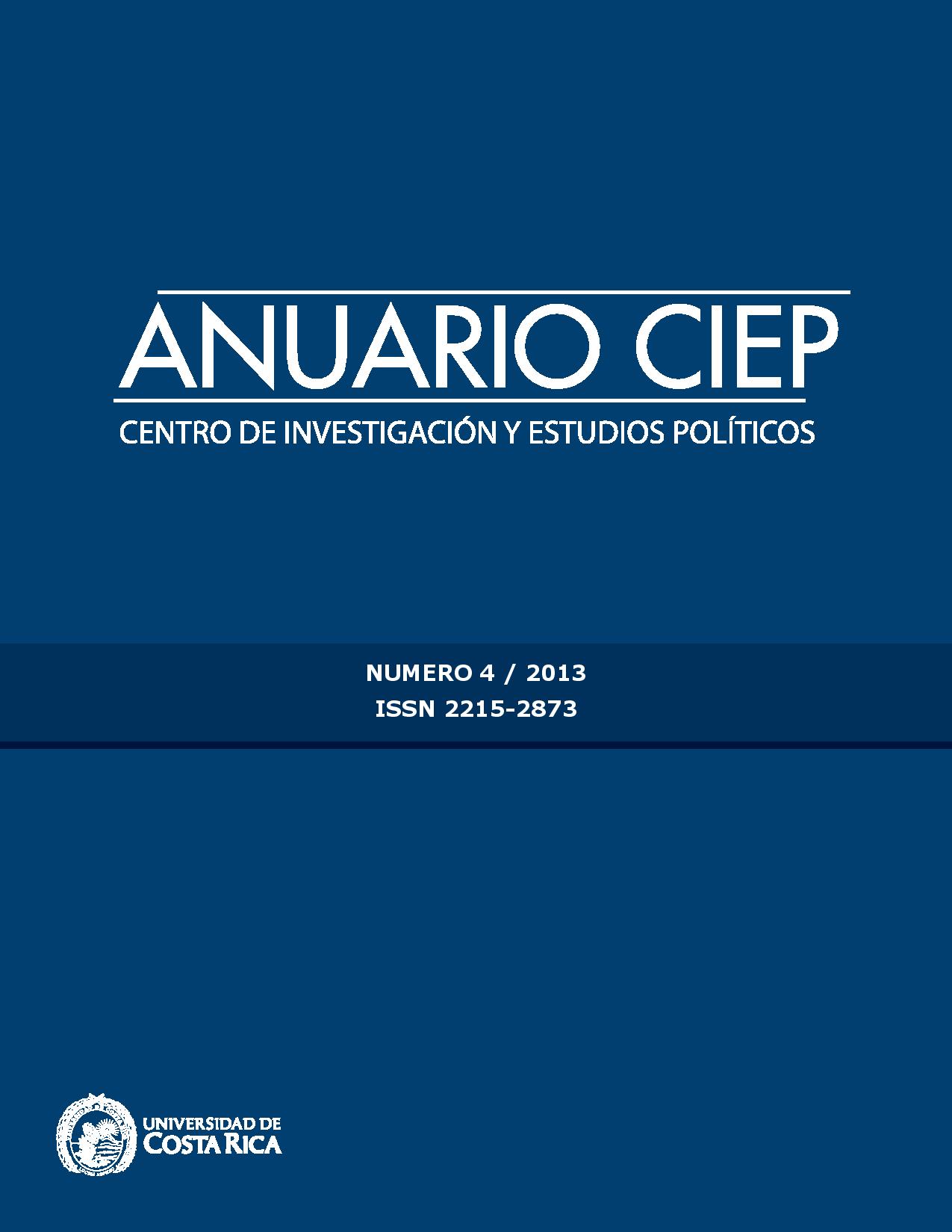Abstract
Under circumstances of substantial turnout reductions, like those in the Costa Rican case in the last decade, the possibility that many more voters cultivate ‘habitual voting’ may constitute a key factor to revert such tendency in the medium term or in the long run. Why some people vote and others do not, has been the topic of an impressive amount of research attention and an expansive literature. In contrast to the field’s two dominant approaches that stress on the individual characteristics that make voters more likely to cast their votes or those that emphasize on the institutional features that influence citizens’ voting decisions, other scholars argue that turnout is better explained by persistence from one election to the next, which is habitual voting. In this paper I provide a theoretical framework that explores the effects of habits and their impact on political participation.

